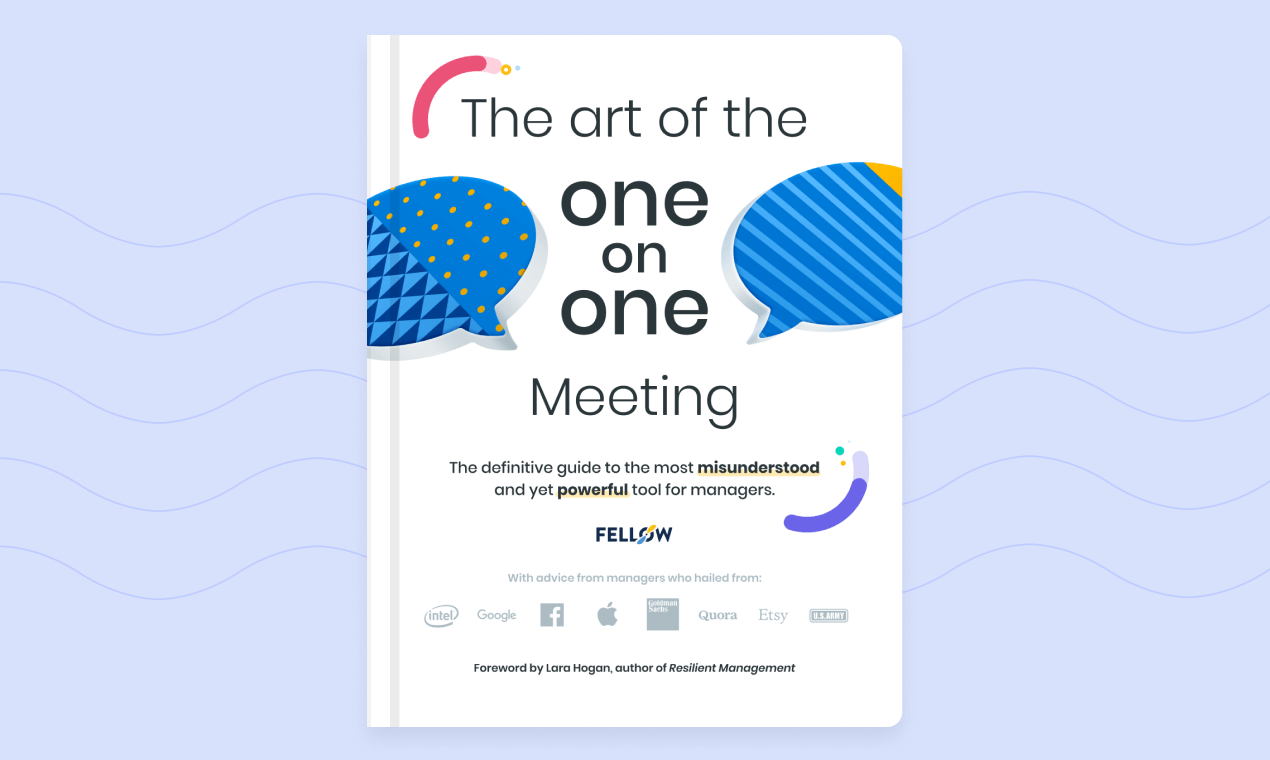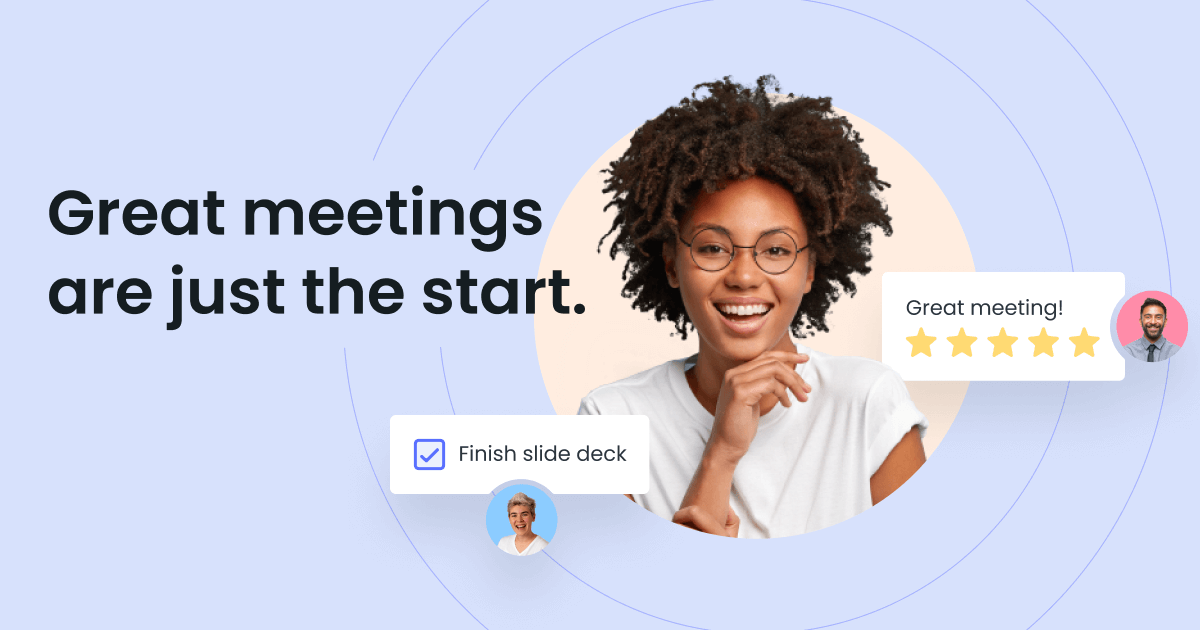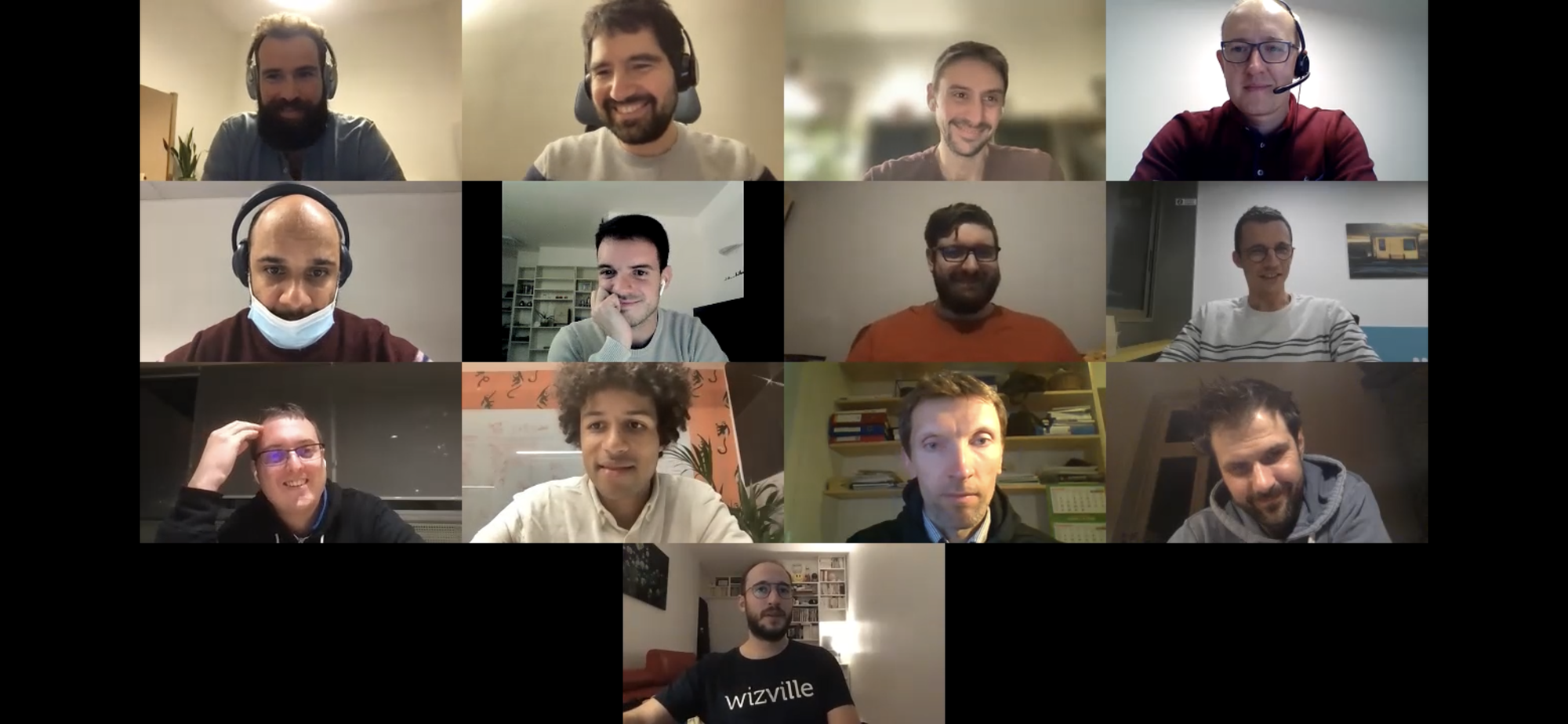👂One-on-ones
Let’s talk about One-on-one(s)
🤔 Why you should care about it
“Regular 1:1s are like oil changes; if you skip them, plan to get stranded on the side of the highway at the worst possible time” - Marc Hedlund, former VP of Engineering at Stripe.
One-on-one meetings (1:1s for short) are probably the most underrated tool for the engineering leader, yet it’s one of the most powerful. It’s the one moment in the manager-report relationship dedicated to personal growth and challenges. Team members’ retention takes root during 1:1s.
😫 Problem(s)
Lack of personal growth and problems with management/organisation is among the top reasons developers change jobs. So when you spend so much time finding great people, it’s worth investing time to help them grow.
😃 Solution
One-on-one meetings:
- Happen weekly
- Last at least 30 minutes
- Are never cancelled by managers
- Are a place for coaching, mentorship, giving context, or even venting
- Leverage active listening from the manager
- Are prepared in advance by both the manager and the team member
- Help managers and team members follow up on the team member’s development plan
😡 Detractors
”Most developers are introverts, so 1:1s with them are awkward or last 10 minutes.”
—> Even introverts have concerns and ambitions. To open the discussion, use open-ended questions (see list of 42 questions for your 1:1s) and be vulnerable about your concerns and ambitions. You can’t expect people to open up if you don’t.
“1:1s are useless for senior people. They solve their problems and ping me when needed.”
—> Even the best athletes and performers have coaches helping them go from good to great. Why not offer that chance to your best team members?
“I don’t have the time to do weekly 1:1s, I have too many direct reports.”
The industry standard for team size is seven direct reports for one manager. If you have more direct reports, it might be time to split up your team and leverage existing leaders to take on some of your responsibilities.
“Even if I don’t want to, direct reports always talk about current projects during 1:1s.”
—> It’s normal for team members to go back to current projects, especially if they feel like 1:1s are the only moment they can get help from you. Ensure you have enough status meetings and availability during the week to talk about current projects so that 1:1s can serve their real purpose.
💡 Key Concepts
Active listening —> a form of listening where the speaker is fully conscious of the speaker’s verbal and non-verbal messages and provides appropriate feedback to show attentiveness.
Open-ended questions —> questions that can’t be answered by yes or no, triggering a discussion.
Coaching —> a tool to unlock a person's potential to maximise their performance by asking questions and listening.
Development plan —> a pragmatic list of knowledge, skills and behaviours a team member needs to complete to accomplish their career goals.
📚 Books

⚙️ Tools



📝 Content

My very own contribution to the cause. Whenever you're short on questions for your 1:1, check out this list 🤓
Michael Lopp (Rands online), an Apple, Stripe, Pinterest veteran, and best-selling author, shares his playbook about running 1:1s with software engineers.

The State of One-on-ones report uses data collected from over 200 different managers to present a holistic view of how managers approach one-on-one meetings. By Hypercontext (who provides a tool to run 1:1s).






